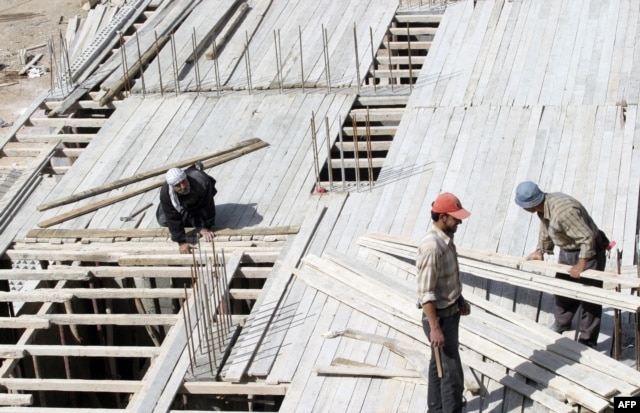More government freebies and paid for without your consent via hidden communications charges in those bills in your mailbox. No legislative measures for this? Sigh….
Commission voted 3-2 along party lines to approve Democrats’ plan:
WSJ: The expansion of the Lifeline subsidy, which has been in the works for several years, is intended to help lower-income people who have trouble affording broadband service on their own. Many experts worry that a digital divide is emerging between lower-income and higher-income households, at a time when Internet service has become important for everything from school work to job searches to veterans benefits.
Commissioners Mignon Clyburn and Jessica Rosenworcel cited examples of students who lurk on sidewalks outside coffee shops or schools to take advantage of Wi-Fi hot spots to complete schoolwork assignments.
FCC approves Internet subsidies for the poor
TheHill: Millions of poor Americans will be eligible for federal subsidies to help pay the cost of Internet service after new regulations were approved in a whirlwind Federal Communications Commission (FCC) meeting on Thursday.
The FCC voted to expand its 30-year-old Lifeline program, which has offered the monthly $9.25 subsidy for voice-only phone service.
The three Democratic commissioners approved the proposal over opposition from the two Republicans, who have concerns about the program’s budget.
The vote was delayed for more than three hours as Republicans accused FCC Chairman Tom Wheeler of scuttling a late-night compromise to bring them on board.
They said they had a deal with Democratic commissioner Mignon Clyburn before it fell apart under pressure from the chairman, members of Congress and outside groups.
“I must address the elephant in the room: the delay in the meeting and rumors about a proposed cap on the Lifeline program,” Clyburn said at the meeting. She said she engaged in negotiations with Republicans but ended up backing out because the deal did not “fully achieve my vision.”
Clyburn told reporters said she is five feet two inches tall but “not easily bullied.” Wheeler gave a one word response to charges that he bullied his fellow Democrat: “Balderdash.”
The expansion is a major win for advocates who increasingly see Internet access as a necessity for education, finding a job or simply communicating. They point to the 15 percent of Americans, concentrated in poor and rural communities, who do not use the Internet.
Families will only be able to receive one subsidy per household, which they can put toward paying for home Internet, phone or smartphone service — or a combination of the three under the program. Many current participants receive free basic cell service because the $9.25 subsidy covers the entire cost, but they would have to cover the remaining cost of a broadband connection.
The mobile industry waged a late lobbying campaign to get the FCC to lower some of its minimum standards of service, which cover the Internet speed, data allowance and minutes that companies must offer to participate. They also warned against completely phasing out voice-only cellphone service. They won some concessions, including reducing the number of minutes voice-only services will have to offer starting in December.
The rules approved Thursday would set up a single national database to allow phone and Internet providers to verify whether individuals are eligible by sharing information from other lower-income programs like Social Security, Medicaid and food subsidies.
One of the priorities was removing the burden on companies to determine whether a person is eligible for a subsidy. Some said that structure encouraged abuse and put companies in the uncomfortable position of holding sensitive customer information, opening them up to extra security and liability.
“The fox is no longer guarding the henhouse,” Wheeler said.
Lifeline currently has about 13 million subscribers, only a fraction of the 40 million who are eligible. The vote Thursday imposed a budget of $2.25 billion per year. The funds come from fees imposed by the phone companies.
The FCC expects the overhaul to increase participation, and it has projected that about 7 million more people could enroll before hitting the budget ceiling.




